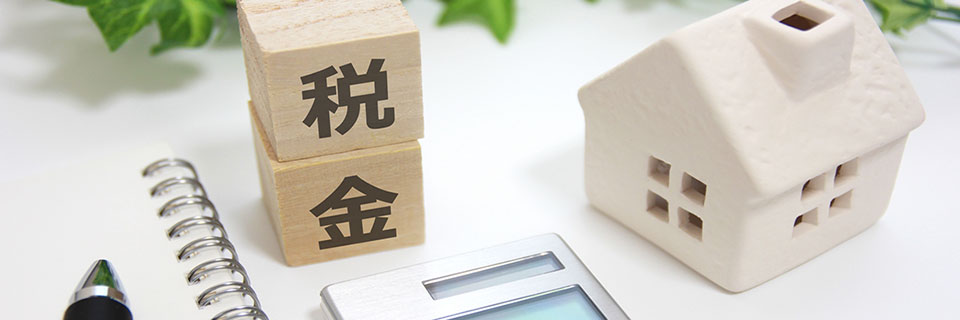Many real estate transactions involve stamp tax issues. According to the Taichung City Local Tax Bureau, if the other party pays by bill of exchange or check and the name and number of the negotiable instrument are stated on the receipt when the seller receives payment and writes it, the receipt for monetary payment can save 0.4 percent of the stamp tax. Tax Bureau reminds the public to take advantage of the tax savings.
Stamp tax is a type of document tax, which is closely related to daily life. At present, stamp tax is levied on four types of documents: Receipts for monetary payments, deeds for sale of movables, contracting agreements, and contracts for the sale, transfer, and partition of real estate. In real estate transactions, receipts for monetary payment, contracting agreements and contract of real estate are the most commonly seen taxable documents subject to stamp tax.
The Tax Bureau pointed out that in the case of receipts for monetary payment, if the person collecting consideration and issuing monetary receipt, demand the other party to pay with negotiable instrument, including bill of exchange, promissory note, and check and indicate the name and number of the negotiable instrument on the receipt, the receipt will become tax-exempt.
Officials offered an example: if person B paid person A NTD$500,000 and person A issued a receipt to person B when he received the cash, then the receipt is called the receipt for monetary payment and the stamp tax of NTD$2,000 should be paid at the rate of 0.4 percent. However, the receipt is exempt from affixing tax stamp if person A specified in the receipt which bank check he received as well as the check number.
In addition, the Tax Bureau reminds the public that ...
Login to see the whole story
For business consultation, please contact us








